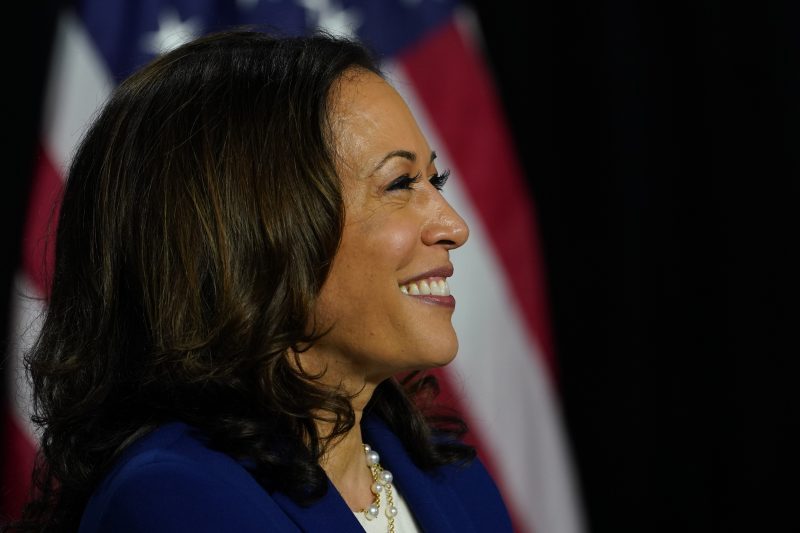
Shaping Kamala Harris: The Impact of Busing and School Desegregation on her Views of Race
In the midst of the civil rights movement of the 1960s and 1970s, busing emerged as a controversial and bold strategy to desegregate schools across America. This policy aimed to break down the racial barriers that persisted in education by transporting students from different neighborhoods to schools outside their district boundaries. By placing children of different racial backgrounds together in classrooms, busing sought to promote integration and equality in the education system.
For Vice President Kamala Harris, the issue of school desegregation and busing has played a significant role in shaping her views on race and equality. Growing up in the Bay Area during the height of the civil rights movement, Harris experienced firsthand the impacts of efforts to desegregate schools. Her parents were actively involved in advocating for civil rights, instilling in her a deep sense of social justice and equality.
Harris attended a majority-white elementary school in Berkeley that participated in a voluntary busing program to promote integration. This experience exposed her to the realities of racial inequality and the importance of diversity in education. Through busing, Harris witnessed the power of bringing students from different backgrounds together and the impact it could have in breaking down racial barriers.
As a student, Harris saw the benefits of attending a diverse school and the value of interacting with peers from different racial and socioeconomic backgrounds. This exposure shaped her understanding of race relations and influenced her commitment to fighting for equality and justice throughout her career in public service.
Despite the controversy and challenges that busing faced, Harris recognizes its role in advancing the cause of civil rights and promoting integration in schools. She has spoken publicly about her support for busing as a tool to address racial segregation and promote diversity in education. Harris’s personal experiences with busing have undoubtedly influenced her views on race, equality, and the importance of inclusive educational opportunities for all students.
In conclusion, the legacy of school desegregation through busing continues to influence political leaders like Kamala Harris, who recognize the importance of promoting diversity and equality in education. By reflecting on her own experiences with busing, Harris has remained committed to advancing the cause of civil rights and fighting for a more inclusive and equitable society. As Vice President, Harris carries with her the lessons learned from the era of school desegregation, shaping her views and policies on issues of race and education.
